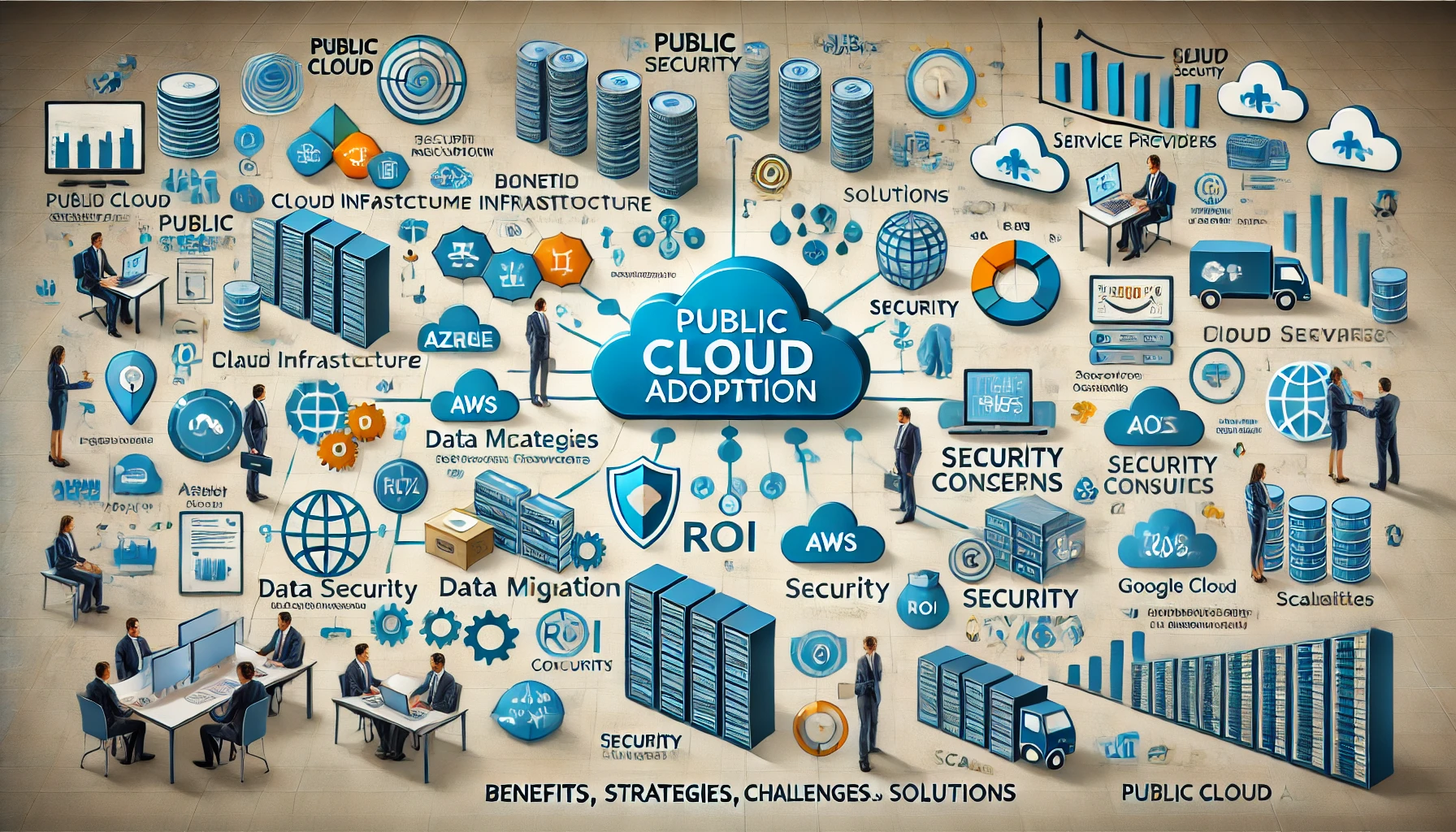


A public cloud is a cloud computing environment where services are provided over the internet by a third-party provider, offering scalable resources and shared infrastructure among multiple users.
Public clouds offer shared infrastructure and resources over the internet, while private clouds are dedicated to a single organization, providing more control and security.
Public clouds provide cost-effective scalability, flexibility, and accessibility, allowing businesses to quickly scale resources and access cloud services from anywhere.
Yes, public cloud providers implement robust security measures like encryption, firewalls, and compliance certifications to protect sensitive data, but businesses should also use additional security practices.
Public cloud scalability allows businesses to easily increase or decrease their resources, such as storage and computing power, based on current demand, ensuring optimal performance and cost-efficiency.
Industries like e-commerce, healthcare, media, financial services, and education benefit significantly from public cloud services due to their need for scalability, flexibility, and global accessibility.
Yes, most applications can be migrated to the public cloud, and many cloud providers offer tools and services to assist with a smooth and efficient migration process.
Public cloud services typically follow a pay-as-you-go model, where you only pay for the resources you use, with options for reserved instances that provide discounts for long-term commitments.
Public cloud providers offer built-in data backup and disaster recovery solutions, allowing businesses to automatically backup data and quickly recover it in the event of a failure or disaster.
Yes, public cloud services are designed to integrate seamlessly with other cloud environments (hybrid cloud) and on-premises systems, providing flexibility and interoperability for businesses.

